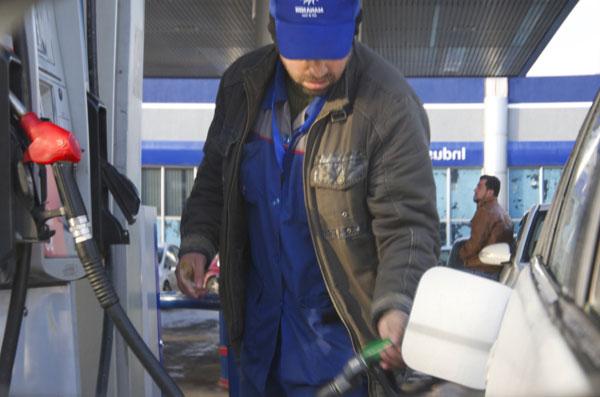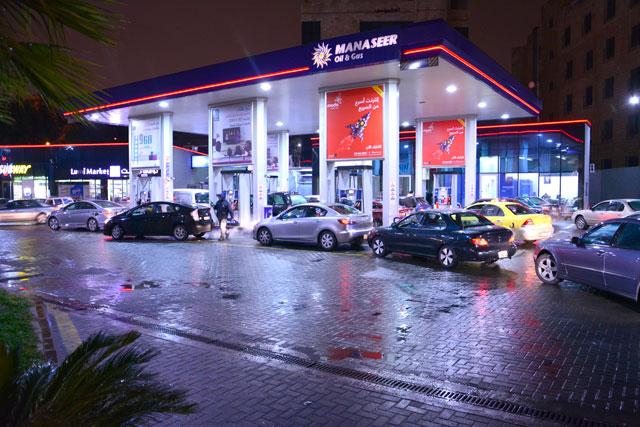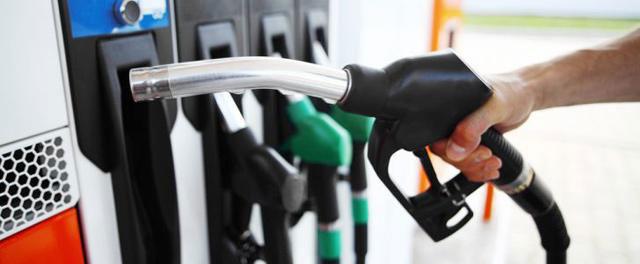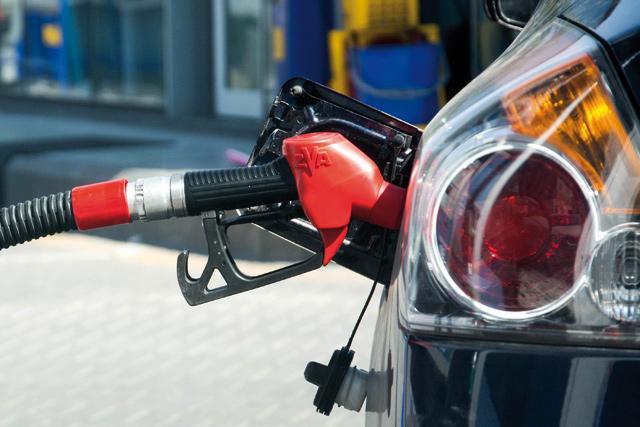You are here
Activists claim fuel boycott successful as syndicate says demand for gas soared over weekend
By Laila Azzeh - Feb 11,2017 - Last updated at Feb 11,2017

The cost of one litre of unleaded 90-octane gasoline is JD0.665, while a litre of unleaded 95-octane gasoline is selling for JD0.88 (Photo by Amjad Ghsoun)
AMMAN — While activists claim that the campaign to boycott fuel during the past three days has been “remarkably successful”, representative of the sector charged that the demand for gasoline soared over the weekend.
Late last month, the government decided to raise the prices of gasoline, kerosene and diesel by 3 to 8 per cent, and maintain the price of gas cylinders unchanged for February.
The cost of one litre of unleaded 90-octane gasoline is now JD0.665, up from JD0.62, while a litre of unleaded 95-octane gasoline is selling for JD0.88, up from JD0.81.
The hikes to gasoline prices include a 30 fils increase to support the Treasury under “economic correction measures” recently taken by the government.
Last June, the government also decided to impose a fixed Treasury allowance on all fuel products amounting to 25 fils per litre, in line with Jordan’s agreement with the International Monetary Fund.
Prices of oil derivatives on the local market are calculated based on international prices, with the addition of other costs such as shipment, handling and taxes.
The official Facebook page of a so-called national boycotting campaign, followers of which exceed 200,000, said on Friday that “hundreds of thousands of citizens” have “positively interacted” with calls not to refuel their cars from Thursday to Sunday in protest against the new increases in fuel prices.
“All efforts to hinder the success of the campaign, including the announcement of the Tawjihi [General Secondary Education Certificate Examination] results, have failed in preventing Jordanians from taking action against the injustices and being part of the boycott,” a statement posted on the page said.
However, Gas Stations Owners Association President Nahar Seidat described such claims as “baseless”.
“On the contrary, demand for 90-octane and 95-octane gasoline went up by 2 to 3 per cent between Thursday and Friday,” he told The Jordan Times, attributing the reasons behind the increase to the Tawjihi results.
“Also, the weather was relatively warm on Saturday, encouraging families to go out and enjoy it,” he added.
On the other hand, Seidat said he “understands” people’s frustration with the new decision, calling on the government to find other alternatives to address the budget deficit.
“But in general, we encourage citizens to use less fuel and start considering public transportation,” he said.
Abdul Salam Tarawneh, who noted that he parked his car on Thursday after work and has not used it ever since, said that he agreed with his neighbours not to refuel their vehicles until Sunday morning.
“Nearly all of them abided by the decision, except for some who had emergencies and used their cars,” the Amman resident told The Jordan Times on Saturday.
Abdul Kareem Jaafreh from Karak, some 140km south of Amman, said the boycott campaign was “very successful” in the governorate, claiming that Karak streets were almost empty on Friday.
Related Articles
AMMAN — Following campaigns calling for a boycott of eggs, potatoes and telecom services, social media activists are now calling on motorist
AMMAN — The government’s fuel pricing committee at the Energy Ministry on Tuesday decided to raise the prices of a number of fuel derivative
AMMAN — The government’s fuel pricing committee at the Energy Ministry on Sunday decided to raise the prices of a number of fuel derivatives


















